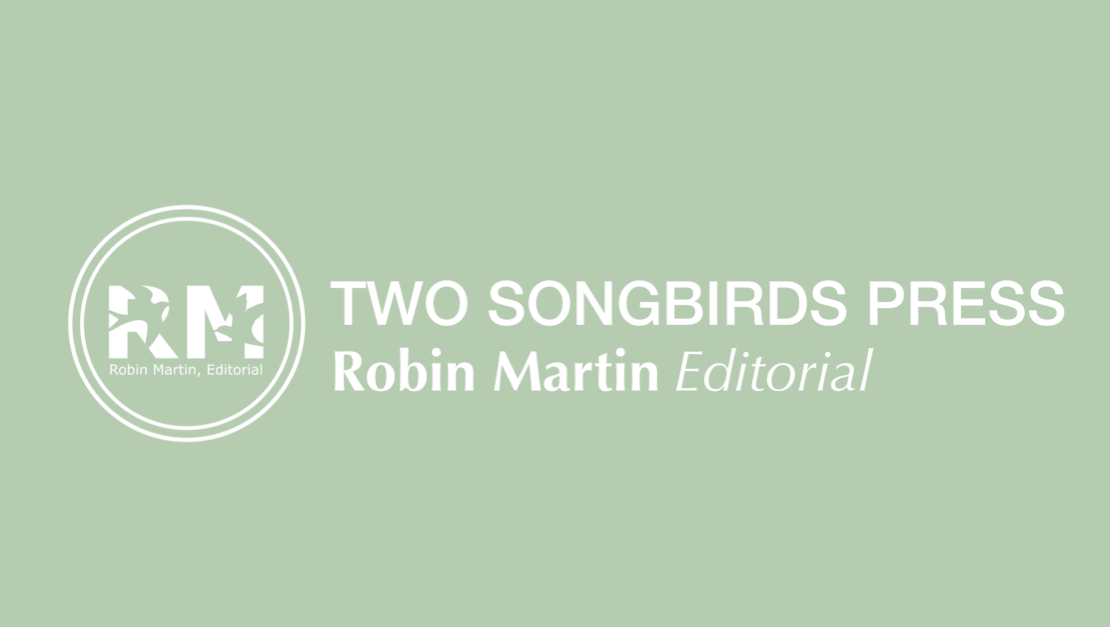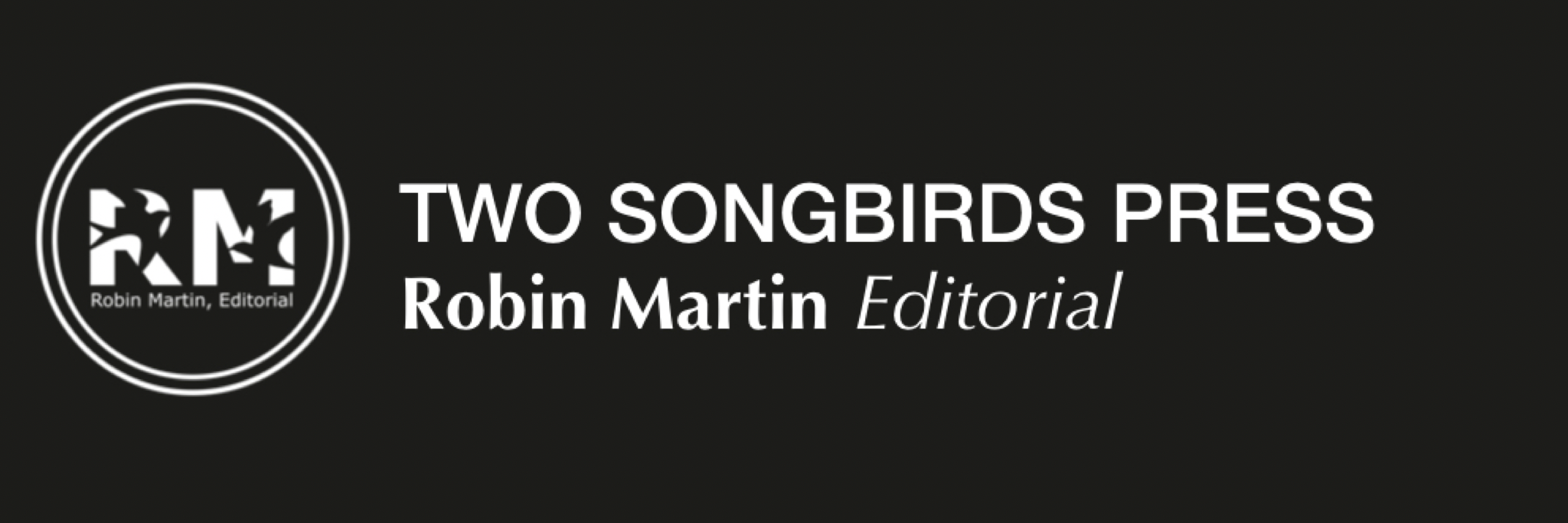- April 15, 2015
- Robin Martin
- No Comments

The first year I attended the conference of the Association of Writers and Writing Programs, I went as a writer. I was really focused on improving my own writing and hearing amazing authors read their work. That role for me has gradually morphed, and this year I identify more as an editor, and attended the conference as the Senior Editor of Under the Gum Tree #telltruestories. My attention was split between panels and readings that would promote and inspire the literary magazine and those that would help me support my freelance editing clients.
Man, it was a good mix.
At their annual pre-conference meeting, CLMP‘s Jeffrey Leppendorf and SPD‘s Brent Cunningham discussed their respective non-profit service orgs–here to support small presses. They also announced their Firecracker Award winners, which included our friends at Etruscan Press, publisher of Renee D’Aoust‘s Body of a Dancer and Peter Grandbois’ Nahoonkara, two books I often use with my clients and refer back to again and again when I want to be moved by language.
Small presses are so important to today’s publishing landscape, and this was illustrated at panel R154: Small is the New Big: Working with Independent Presses to Build a Literary Career. Two agents from Folio Literary Management (Michelle Brower and Erin Harris), the executive editors of two mid-size presses (Coffee House’s Molly Fuller and Greywolf’s Ethan Nosowsky), and the executive editor of Harper Perennial (Cal Morgan) talked about the role of small presses. The big takeaways:
- Some agents will shop your work to small presses if they believe they are cultivating the career of a writer at the beginning of his/her career arc, even though small presses don’t pay large (or any) advances.
- A smaller press might be the best fit for your less commercial book because of the opportunity it provides an author to acquire cultural capital, as well as the small press ability to maximize the possible audience. You will be the big fish in their small pond rather than the other way around.
- Small presses with good reputations are scouted for talent. Even the execs at the Big Five know that small presses have the most creative, most adventurous writing. They read Greywolf books. They read Coffee House Press books. They even read Nouvella, Rarebird, Semiotext.
Gotta love it.
University Presses are considered small presses, and quite a few panels at #AWP15 were inspired by University Press publications. Like this one:
Published by the University of Nebraska-Gender Programs, the anthology Being: What Makes a Man, was the catalyst for panel R274: Tender Moments: The Role of Tenderness in Men’s Narratives. Kevin Clark, Lee Martin, Dinty Moore and James Engelhart were assembled by Jill McCabe Johnson to have a conversation. No conclusions were drawn, other than the fact that there is a subtext of great tenderness in nearly all of the most admired writing by men. Even Hemingway, Richard Ford. Think about it. My takeaways:
- Tenderness appears in the moment where the façade we create can’t stand any longer. It is woundedness. It is when the writer is open to his own pain and is able to transcend self-pity. It is when he is aware of other people, when he has empathy for the human conditions.
- A good writer of any genre and of any gender will focus on language to avoid sentimentality, and as I believe it was Lee Martin said: “Earned sentiment is found in the furniture of the world.”
#AWP15 #underthegumtree #CNF



